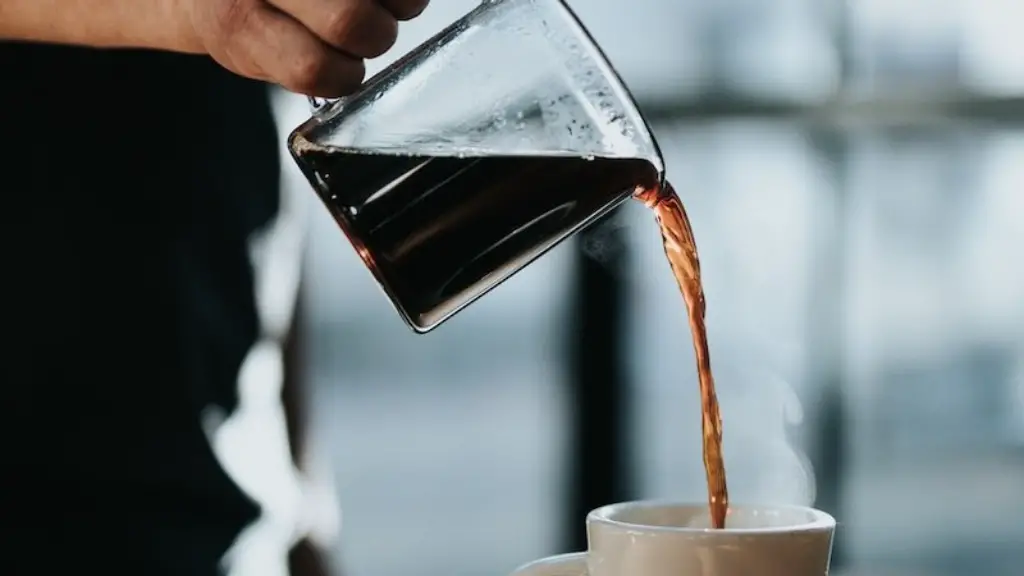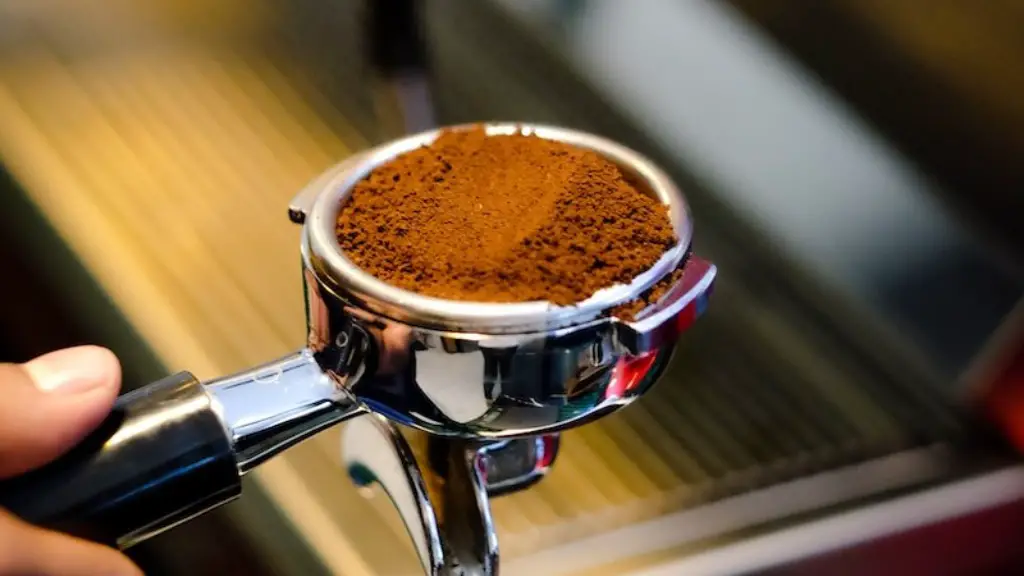Coffee is often seen as a hot drink reserved for the morning, or a late night caffeine fix, but it is actually considered a type of soft drink. Although not everyone agrees on this, the debate over the definition of coffee still rages on to this day. This article will explain why some believe coffee is a soft drink and why others claim it is not.
Some people define a soft drink as any type of beverage that does not contain alcohol. This definition would include coffee, because it does not contain any type of alcohol, making it a soft drink. This definition, however, can be confusing, because other beverages such as tea and juices also fall into this definition. In addition, the caffeine content of coffee is much higher than any other type of soft drink, making it stand out in comparison.
Others believe that a soft drink is any non-alcoholic beverage that contains sweeteners such as sugar, aspartame, or high fructose corn syrup. Under this definition, coffee would not be considered a soft drink. This definition is much more specific and would exclude coffee because it does not contain any of these sweeteners. It is important to note that coffee can contain sweeteners if it is flavored or mixed, but these are rarely found in a black cup of coffee.
When it comes to the argument of coffee being a soft drink, experts are not in agreement. Some experts argue that coffee is a type of soft drink because it is a non-alcoholic beverage. Others disagree, pointing out that coffee does not have the same nutritional profile as other beverages and does not contain the added sugars that define a soft drink.
The debate about whether or not coffee is a soft drink has been ongoing for some time. While some believe that coffee is a type of soft drink, others disagree. Ultimately, it boils down to a personal opinion, with no clear cut answer. Some may think it is a soft drink while others may disagree, but it is up to the individual to make their own decision.
Health Benefits of Coffee
There are numerous health benefits associated with drinking coffee, which further supports the debate of whether or not it should be considered a soft drink. Studies show that regular coffee consumption can reduce the risk of certain types of cancer, lower cholesterol levels, reduce the risk of stroke, and even boost your immune system. Coffee also contains high levels of antioxidants, which are beneficial for fighting off free radicals that cause health problems. Additionally, studies have found that coffee can improve mental alertness and focus, making it a great choice for those who need a pick-me-up during the day.
Coffee is also low in calories, making it a healthier option than other beverages that contain added sugar, such as sodas and energy drinks. This is important for those who are watching their calorie intake, as coffee can be a good option for staying hydrated without all of the added sugar and calories.
Caffeine is also known to increase the metabolic rate, which can help burn more calories throughout the day. This makes coffee a good choice for those who are looking to keep their weight in check, as it can boost the metabolism and help burn more calories. In addition, many believe that coffee can help reduce the risk of type 2 diabetes, thanks to its effects on the body’s glucose levels.
Negative Health Effects of Coffee
Although there are many health benefits associated with coffee, it is important to note that there are also potential negative effects. Caffeine, the main active compound in coffee, can be addictive and cause jitters, headaches, and difficulty sleeping. Too much coffee can also cause stomach upset and heartburn, as well as increased anxiety and irritability. Additionally, drinking too much coffee can lead to dehydration, as caffeine is a diuretic and can cause the body to lose more water than it takes in.
It is important to remember that too much of anything can be harmful, so moderation is key when it comes to coffee consumption. Those with heart conditions, anxiety, or Acid Reflux should be especially careful when consuming coffee, as it has the potential to worsen these conditions.
Environmental Impact of Coffee
The environmental impact of coffee is a factor that needs to be considered in the ‘is coffee a soft drink’ debate. Coffee production requires the use of a great deal of resources, such as land, water and chemicals, all of which can have a negative impact on the environment. In addition, coffee production generates large amounts of waste, from coffee grounds to packaging materials, all of which can have an adverse effect on the environment.
The environmental impact of coffee can be further exacerbated by the way it is produced and consumed. Coffee is often grown in areas that are deforested, causing further damage to the environment. The transportation of coffee has a large environmental footprint, due to the use of fossil fuels, and the production of disposable cups used to serve coffee is another factor that needs to be taken into consideration.
In order to reduce the environmental impact of coffee, consumers should be mindful of how their choices impact the environment. Reusable cups and sustainable packaging can help reduce the waste generated from coffee production. Additionally, choosing fair trade coffee products can ensure that the farmers who grow the coffee are paid a living wage for their efforts, which can help to reduce poverty in coffee-producing countries.
Economic Impact of Coffee
Another factor to consider in the debate of whether or not coffee is a soft drink is the economic impact it has on countries. Coffee is a global industry, with countries such as Brazil, Vietnam, and Colombia being major producers. The industry is also worth billions of dollars, making it an important economic driver for many countries. Coffee production also provides much-needed jobs in rural areas, allowing people to make a living and support their families.
In addition, the industry also supports local businesses, such as roasters, cafes, and retailers, providing them with much-needed income. Furthermore, the production of coffee often provides export revenue to countries, allowing them to generate foreign exchange and boost their economy.
In conclusion, the debate of whether or not coffee is a soft drink is ongoing and one with no clear cut answer. Some believe that it is a type of soft drink because it does not contain alcohol, while others disagree and argue that it does not meet the criteria for a soft drink due to its lack of sweeteners and caffeine content. Ultimately, whether or not coffee is considered a soft drink is a matter of opinion, with no definitive answer.




